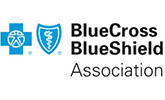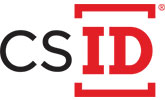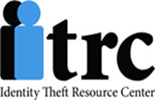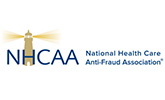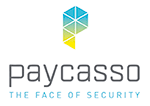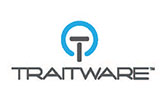Medical data was the most popular target for hackers last year and those numbers will surge to new highs in 2015.
While 2014 drew attention as the year of the credit card breach – Home Depot, P. F. Chang’s, Neiman Marcus and Sally Beauty were just a few – some hackers are passing over retailers and zeroing in on different targets in 2015.
Health records have always been vulnerable to rogue employees and careless works losing unencrypted laptops but a recent study by the Ponemon Institute shows the number one risk is now cyber criminals.
In February, when Anthem Inc., the nation’s second largest health insurer, announced that it had been hacked, an estimated 80 million customers and employees lost data. The company was quick to point out that medical records had not been compromised. Those remarks were offered to soothe outraged customers but the list of stolen data is far more alarming than photos from a recent colonoscopy. The tally included Social Security numbers (SSN), names, dates of birth, addresses, and health insurance data for starters. Anthem employees even lost salary information.
That’s a bucket of data far more valuable and dangerous than the results of recent blood tests. It’s a dream list for any would-be hacker – a top prize that will bring the highest payments from bidders on the Dark Web.
Single Breach Shows Full Range Of Possible Frauds
Anthem victims have already reported cases of tax refund ID theft. Their data was stolen last February. That’s ‘prime time’ for filing fraudulent tax returns. For many honest taxpayers, news of the fraud only arrived after legitimate tax filings bounced back as duplicates.
Unlike credit cards, victims cannot replace a SSN or DoB. It’s possible these victims will also experience fraud from payday loans, bogus utility accounts and rent-to-own agreements set up in their names. In many cases, the victims won’t discover the abuse unless their personal data is being constantly monitored. Coverage should include checks of subprime loans like payday loan companies.
Finally, there’s the issue of stolen health insurance ID numbers. That means this breach could become a prime breeding ground for medical identity theft, too.
What Is Medical ID Theft?
Imagine a trip to the emergency room next weekend. Imagine being told that your benefits for the year have been exhausted. That’s what medical ID theft can do.
It’s a problem that is growing at an alarming rate. According to another study by Ponemon — the Fifth Annual Study On Medical Identity Theft 4 — the number of health-related ID theft cases in 2014 increased by 22%. That’s on top of a 19% surge the previous year.
Click here to read the full article.
June 21, 2015 by ID Watchdog






